STEM
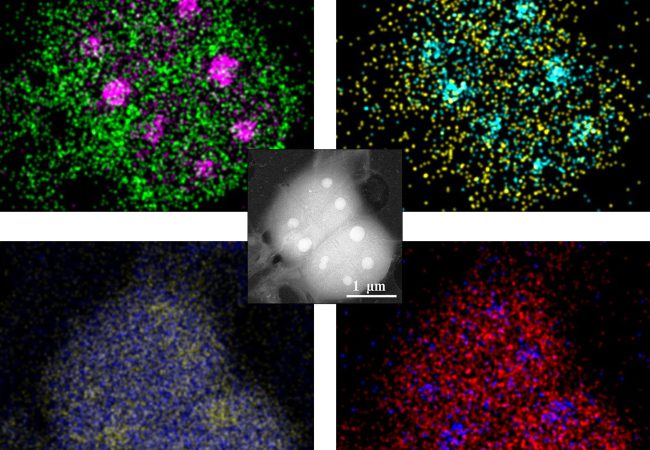
Liquid Phase Electron Microscopy and Spectroscopy
Transient, dynamic assemblies of biomolecules in solution are the primary driving forces behind biology. However, studying these at high resolutions requires the use of electron microscopes (EM), which need extremely high vacuums to function.
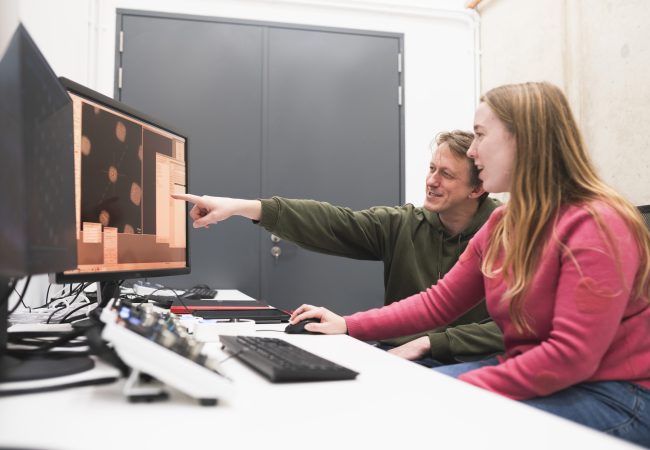
Electron Ptychography and Phase Retrieval in Electron Microscopy
Cryogenic electron ptychography uses coherent diffractive imaging techniques with computational iterative phase retrieval algorithms.
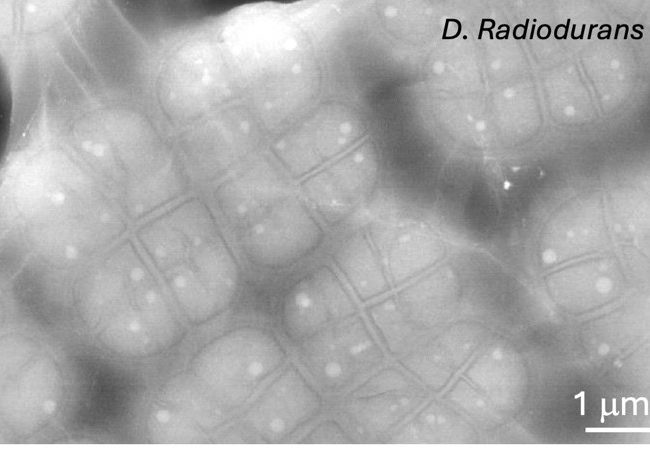
Liquid Phase Electron Microscopy for Cellular Ultrastructure, Biochemistry and Dynamics
Fundamentally, biology is driven by transient, dynamic assemblies of biomolecules in solution.
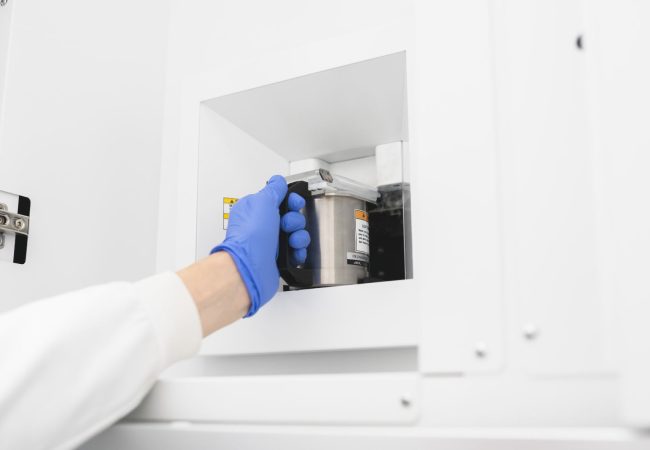
Damage Reduction using Alternative Scanning Methods in Electron Microscopy
The main limitation to perform localized analysis in electron microscopy is radiation damage.
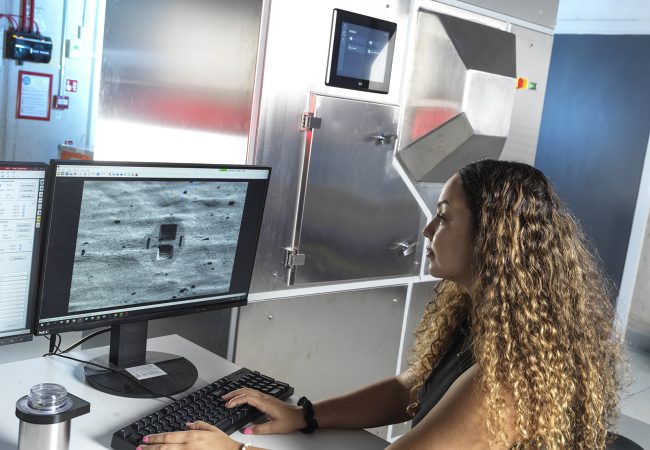
Cryogenic electron imaging for investigating the molecular sociology within cells and tissues
Electron imaging under cryogenic conditions allows cells and tissues to be imaged on multiple scales, with pristine preservation of fine molecular detail.
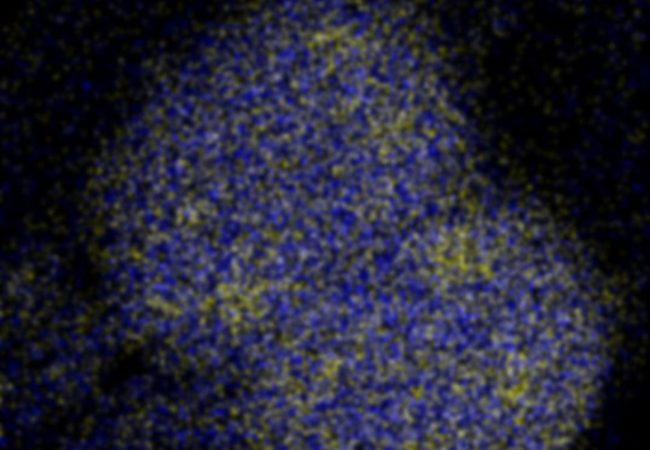
Multidimensional Imaging of Molecular Structures
Our aim: To develop new technologies to see the molecules of life and their dynamics with unprecedented detail.
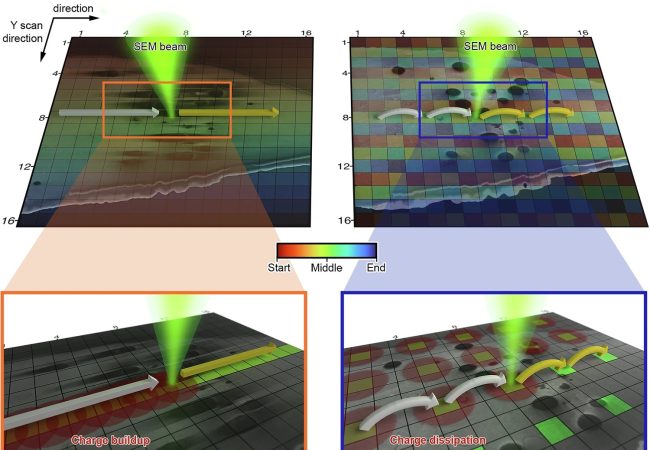
New scanning technique overcomes longstanding challenge in cryo-SEM imaging
Researchers at the Rosalind Franklin Institute have developed a new approach to scanning electron microscopy (SEM) that dramatically reduces obstructions caused by charging artefacts in frozen biological samples. The advance, described in a paper published in Nature Communications, allows scientists…
